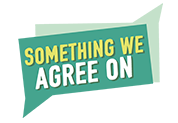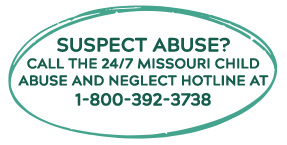When we regulate and understand our own emotions and reactions, we can better prepare ourselves for how we want to respond to our children’s emotions and reactions in the future with more empathy, understanding and connection.
Think of these moments as a welcome challenge or opportunity for everyone to learn and grow together.
Remember:
when a challenge arises, ask yourself:
what strategies help you?
It’s okay to take a few minutes to calm yourself down, so you can respond better. Try strategies like:





